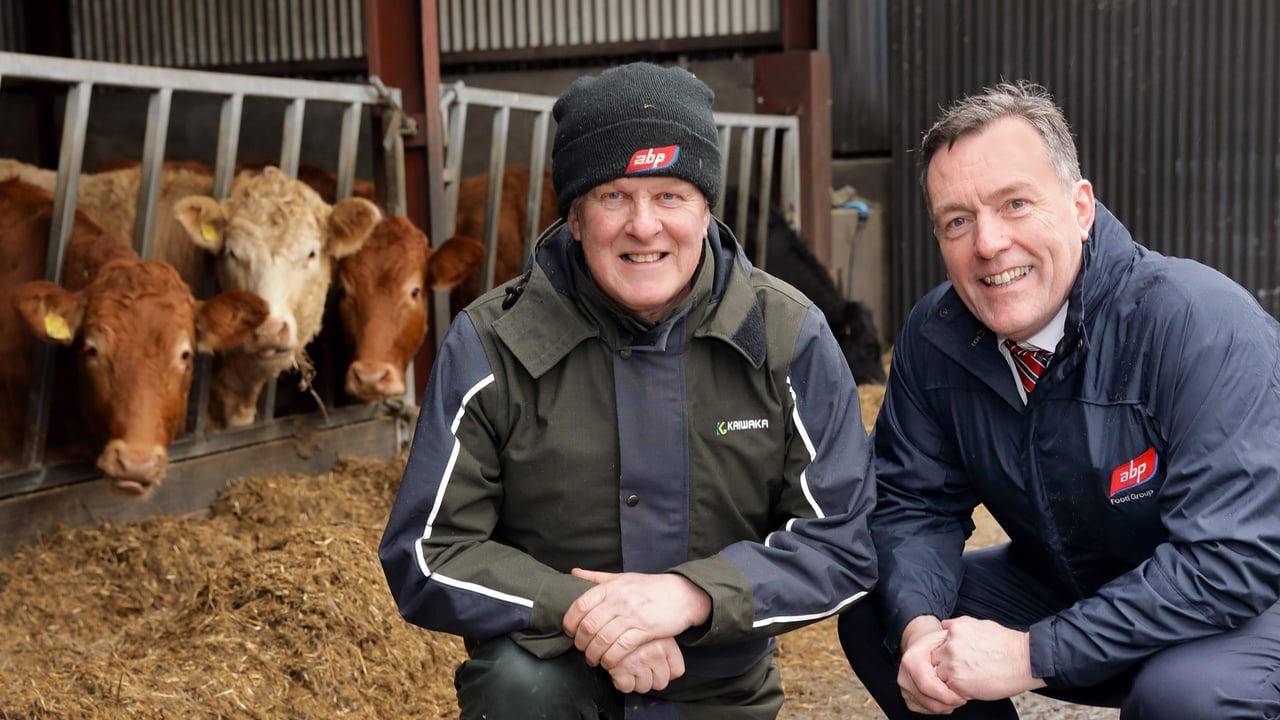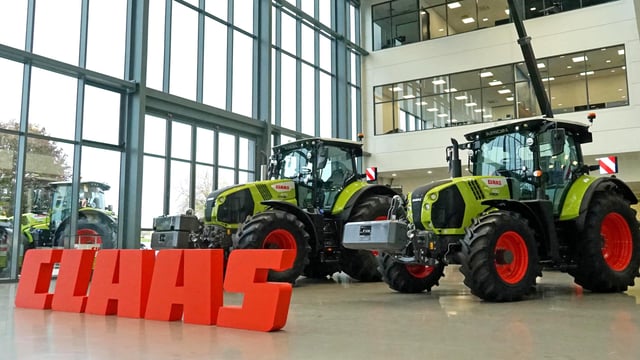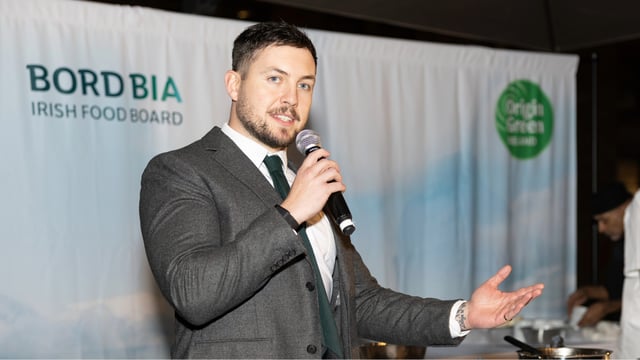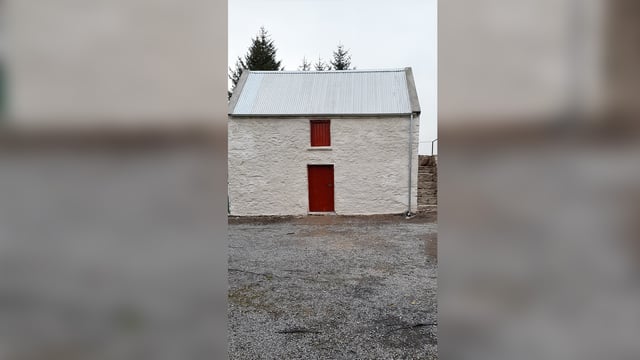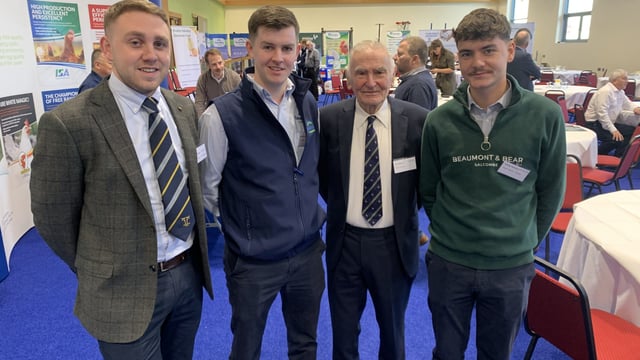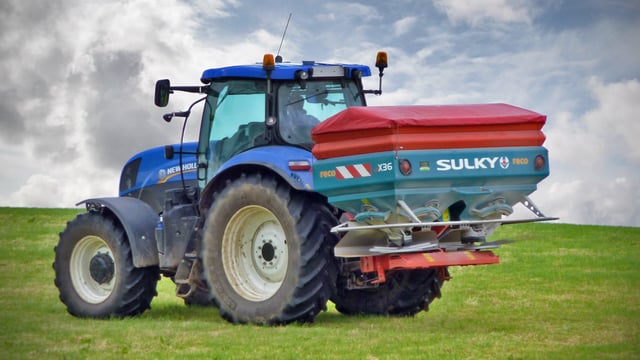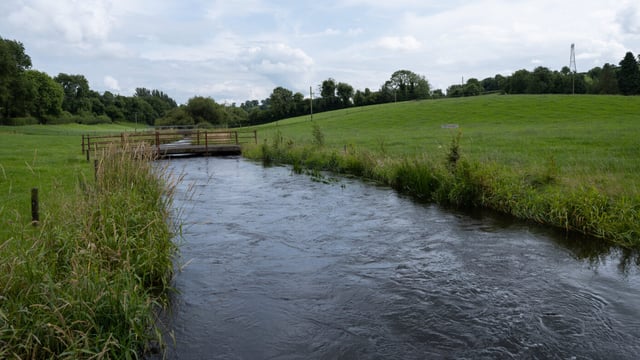Update from ABP's UK red meat sustainability programme
ABP Food Group has published an update on its UK-based farmer-led programme aimed at helping beef and lamb producers to cut their environmental impact.
The programme is titled: 'Programme for the Improvement in Sustainability of Red Meat' (PRISM 2030) and includes 50 participating beef and sheep farms in Northern Ireland.
According to ABP, the initiative is aimed at "helping ABP’s beef and sheep producers in the UK to reduce their environmental impact and provide reassurances to retailers, policy-makers, and consumers about the sustainability of Northern Irish beef and lamb."
Results published in the year-two report show that PRISM farms are outperforming industry averages:
- Beef: 26.7kg CO2e/kg dwt (below Agrecalc benchmark)
- Lamb: 23.47kg CO2e/kg dwt (below benchmark).
More than 300 farmer suppliers across the UK are involved in PRISM 2030.
Each farm has undergone a detailed carbon footprint assessment using the 'Agrecalc' tool, followed by tailored recommendations from the Andersons Centre consultancy and Prof. Jude Capper, ABP’s Chair of Sustainable Beef and Sheep Production at Harper Adams University and one of the programme’s technical leads.
All participating farmers in Northern Ireland have made improvements, from implementing rotational grazing and multi-species swards to cutting fertiliser use and improving soil health as well as investment in renewable energy and more efficient housing.
All participants have also achieved a reduction in the age at slaughter which also aligns with the Department of Agriculture, Environment and Rural Affairs (DAERA's) beef carbon reduction scheme.
ABP Northern Ireland’s managing director, George Mullan said: “Our Northern Ireland PRISM farmers are taking practical, science-based steps to improve their sustainability.
“This is not about telling farmers how to farm. It’s about providing them with helpful tools, data and information that supports them to make confident, informed decisions that will make sense to their business, and which can also deliver environmental benefits.
"PRISM 2030 gives farmers the data to demonstrate progress with confidence showing that locally produced beef and lamb is in a strong position.
"This helps provide reassurance for consumers choosing local meat and supports the long-term viability of farm businesses.
“Unlike many other sectors, farming doesn’t operate in a simple production line – it’s part of a complex natural cycle.
"PRISM enables farmers to show how they are managing carbon, nutrients, biodiversity and animal welfare in an integrated way, while making measurable improvements," Mullan said.
Prof. Jude Capper said: “There’s no silver bullet. Every farm is different.
"PRISM 2030 is about small, practical improvements that add up and when hundreds of farmers are making them, the cumulative impact is substantial.”

